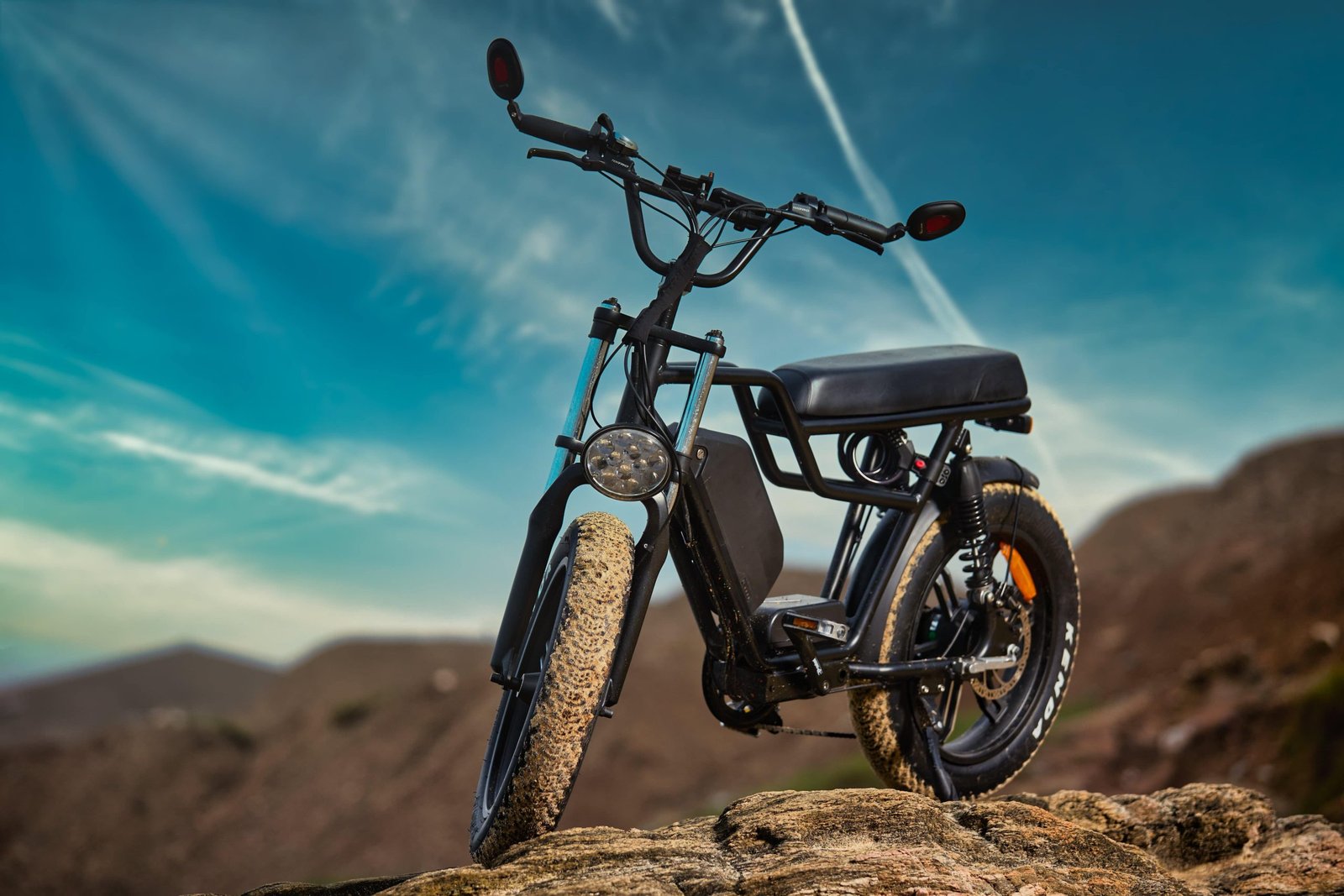In the face of the pressing challenge of climate change, the global landscape is witnessing a sweeping green revolution, with a particular emphasis on the African continent’s enthusiastic embrace of electric mobility. This movement encompasses various electric vehicles, including cars, bikes, and public transportation, and is playing a pivotal role in redefining how Africans travel, while contributing significantly to sustainable development and environmental preservation.
The electric mobility sector in Africa is currently experiencing a surge of potential, with a notable focus on electric two-wheelers as a prominent emerging trend. Leading the charge in this electrification landscape are countries such as Rwanda, Egypt, Kenya, South Africa, Uganda, Ghana, and Nigeria, which have witnessed a proliferation of electric vehicle startups, especially those targeting the public transport sector. These nations are rolling out various initiatives, including policy development, pilot programs, and the establishment of charging infrastructure.
Notably, the electric vehicle market in Africa has demonstrated significant promise, with projections indicating a potential value of USD 21.39 billion by 2027, a substantial increase from USD 11.94 billion in 2021, as highlighted by Mordor Intelligence.
While the continent faces economic and infrastructural challenges, it possesses a unique advantage in the adoption of e-mobility. Africa boasts a significant share of critical metal reserves necessary for the energy transition, including essential components for electric vehicles. The Democratic Republic of Congo, for instance, stands as a leading producer of cobalt, a vital element in lithium-ion batteries. Furthermore, the abundance of renewable energy resources such as solar and wind presents an ideal opportunity for Africa to foster a clean and sustainable e-mobility ecosystem, allowing the continent to generate electricity for electric vehicles while significantly reducing carbon emissions and reliance on fossil fuels.
Governments in sub-Saharan Africa have begun setting electrification targets for vehicles and implementing incentives to promote electric vehicle adoption. For example, Rwanda has introduced tax exemptions for electric vehicle sales to redirect financial resources toward critical areas. Despite these positive steps, the region grapples with unique challenges, including unreliable electricity supply, affordability issues, and the prevalence of used vehicles.
Notwithstanding these challenges, some companies are making notable strides in the sector. One such example is Ghana-based e-mobility startup Wahu Mobility, which recently secured an undisclosed investment from Blue Lion, a distinguished Family Office and Central investment firm affiliated with the German family-owned Schörghuber Corporate Group. Despite such success stories, the sporadic nature of funding remains a challenge for the sustainability of electric vehicle businesses in Africa. The continent requires committed governments willing to make substantial investments in the mobility sector, set production targets, and ensure their fulfillment.
Among the disruptors in the e-mobility sector is ARC Ride, a Kenyan mobility company making significant strides. The CEO of ARC Ride was recently invited to a state dinner with President Ruto, where they discussed the environment and the importance of sustainable transportation. ARC Ride’s introduction of the electric tuktuk has revolutionized commuting, making short inner-city trips, grocery shopping, and taxi services more convenient. Additionally, ARC Ride has implemented 48V swappable battery technology to address charging concerns, enabling quick recharging within minutes, a development that has been well received.
The future of the industry appears promising, with Africa playing a critical role in the global decarbonization effort. However, the continent urgently requires funding for the construction of efficient renewable energy infrastructure to solidify its position as a leader in e-mobility. Electric mobility contributes to reducing emissions, leading to cleaner air, improved public health, and an enhanced quality of life for citizens, particularly in congested African cities. With seamless integration into Africa’s renewable energy infrastructure, electric vehicles offer a sustainable and carbon-neutral transportation solution, fostering the integration of renewable energy sources across the continent.
E-mobility serves as a key driver in Africa’s pursuit of sustainable development and in mitigating the impact of climate change. By pursuing a comprehensive decarbonization strategy, the continent has the potential to lead the global green transition, simultaneously addressing environmental concerns, reducing pollution, and fostering economic growth. With the backing of the Africa Development Bank and the continent’s unique advantages, the future of e-mobility in Africa is undeniably bright. As more countries embrace electric vehicles and sustainable transportation solutions, Africa is poised to lead the green transportation revolution.










